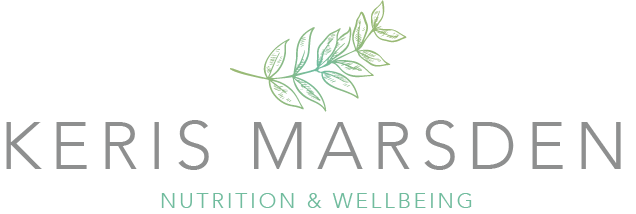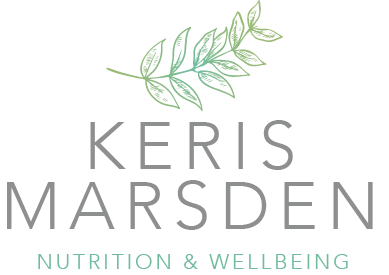How much protein should you be eating?
For me personally, increasing my protein intake has been an appetite, mood, energy and lean mass game changer.
Whilst it’s widely know that protein support muscle mass and function (FYI the more muscle you have the longer you live).
But did you know….
Your brain chemicals are made of protein
Protein supports energy regulation
Protein keeps you feeling fuller for longer and helps you lose weight
Protein aids injury and surgery recovery
Protein is essential for bone density
The more stressed you are the greater your protein requirements
Your immune system is based on protein
Liver detoxification requires protein
Protein is important for healthy skin, hair and nail growth
Pregnancy and breast feeding increases your protein requirements
All exercise including cardio (not just weight training) increases your need for protein
Yet most people aren’t eating enough and often don’t believe me when I explain how much they need to eat.
Why aren’t we eating enough protein?
Interestingly, I receive a lot of resistance from clients, friends and family about eating more protein.
It can seem unusual, especially at breakfast and lunch.
Over the last 70yrs there’s been a huge emphasis on dietary carbohydrates, especially from a public health perspective.
This has led to a reliance on breakfast cereals, toast, sandwiches, wraps and big bowls of pasta.
These are tasty, convenient and have encouraged a steady dependency on processed foods and decreased the need for home cooking.
The food industry and supermarkets have profited immensely from this.
Protein recommendations also weren’t established until the 1990’s and were set at 0.8g of protein per kilo of bodyweight.
Recent reviews now suggest that 1.2-3.3g per kilo of bodyweight is more optimal given our busy brains and lifestyles. The higher end will depend on largely on your physical activity level.
Regardless whether you’re looking to mitigate stress, balance your mood, lose weight, bulletproof your joints, build your bones, get guns, get fitter and have more willpower, I recommend increasing your protein intake, especially at breakfast.
How much should protein should you be eating?
Most of my clients are looking to lose or maintain weight and build muscle so I recommend aiming for 1.2g-1.5g per kilo of bodyweight.
I may recommend more (1.8-3g protein per kilo bodyweight) for clients struggling to gain muscle or recovering from surgery, also anyone doing a lot of resistance training, CrossFit, half marathons, marathons or Iron Man training.
If maths isn’t your strong point then just eat as much protein as you can feasibly can at your main meals and your needs will likely be covered.
Will I bulk up?
I gain muscle easily but currently I’m eating 100-120g of protein daily.
I wouldn’t say I’m bulky 👇
A calorie excess may lead to bulking (fat mass and muscle mass) so adapting your carbs and fats will help ensure you RECOMPOSITION your body and convert fat to muscle.
You may need to reduce the portions of your carbs and fats slightly to allow for more calories from protein.
FYI – more muscle is associated with positive health outcomes and living longer, so if your bulk is muscle it’s a good thing.
What proteins and when?
It’s helpful to consume a variety of proteins to obtain all the different amino acids the body requires.
Ideally protein should be spread across several meals and you can have a protein based snack like boiled eggs or a dessert like Greek yogurt or a smoothie bowl.
Leaner sources like chicken, eggs, turkey, low fat dairy and fish provide a bigger hit per serving and are difficult to overeat as they’re so filling.
Working example
If you weigh 60kg
Protein intake = 60 x 1.5g = 90g protein per day
This roughly 30g protein at mealtimes (based on 3 meals) or 25g in 3 meals and 15g protein snack.
Protein serving sizes
Each of these will yield around 15-30g protein
3-4 medium eggs
150g legumes
1 medium chicken breast
2-3 chicken thighs or drumsticks
1–2 fillets white fish
1 fillet salmon
1 fillet mackerel
100–150g prawns
120-50g serving mince
1 x 90g tin sardines in spring water (drained weight)
·1 x 112g tin tuna fish in spring water (drained weight)
120-150g tofu
170-200g natural yogurt/quark
150g cottage cheese
20–40g protein powder
If you need some inspiration check out What does a high protein menu look like? to understand what this looks like practically.


